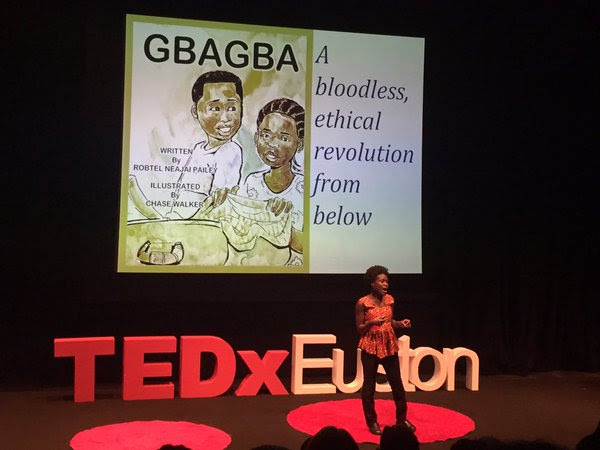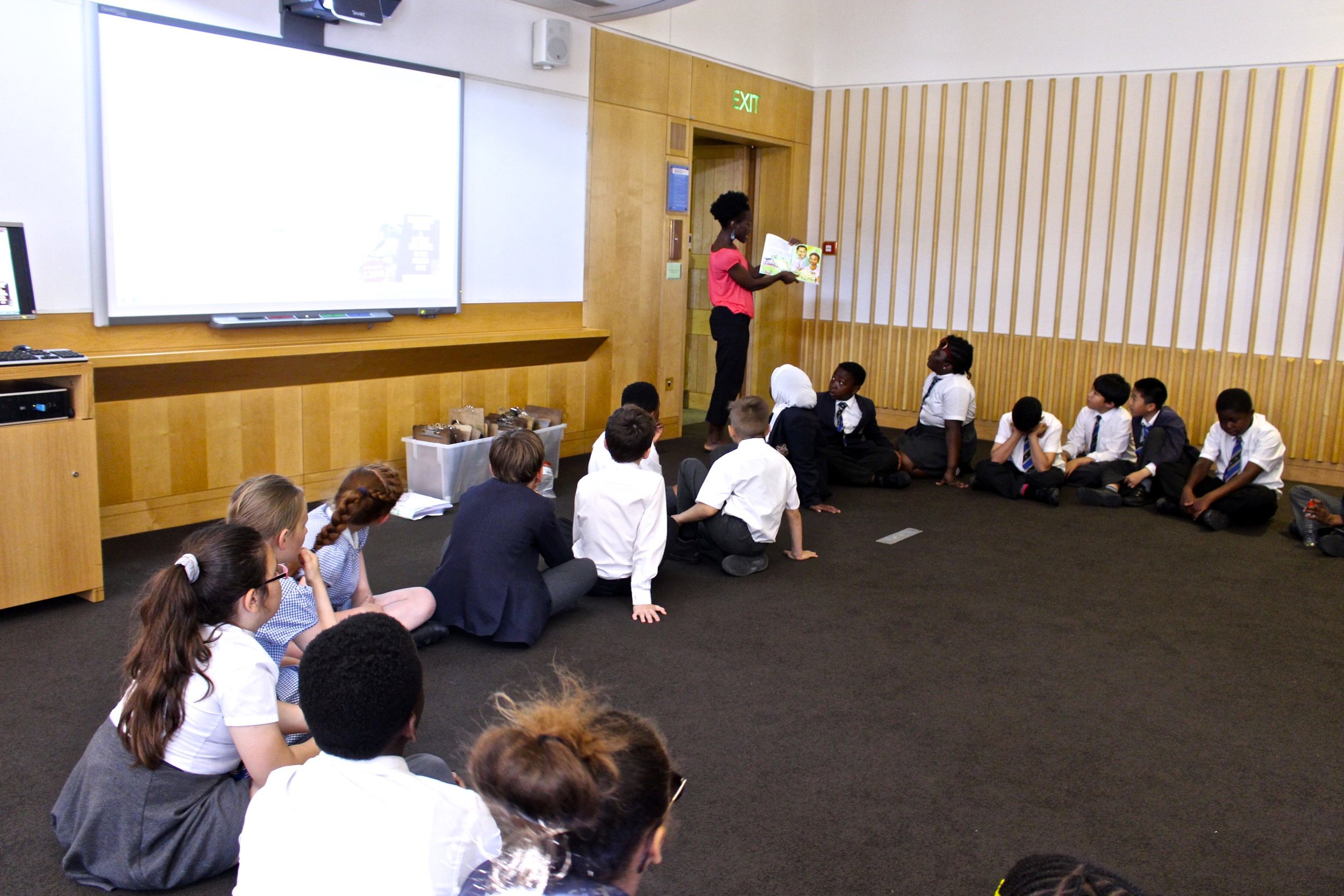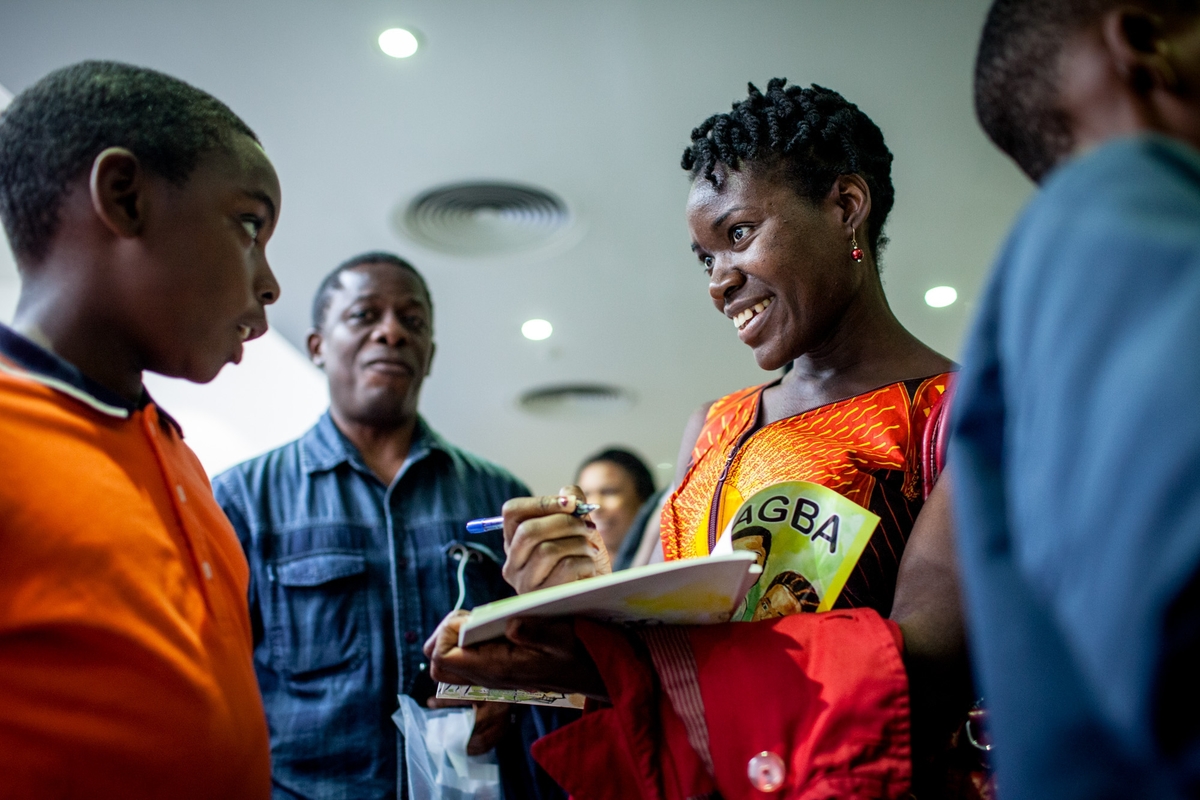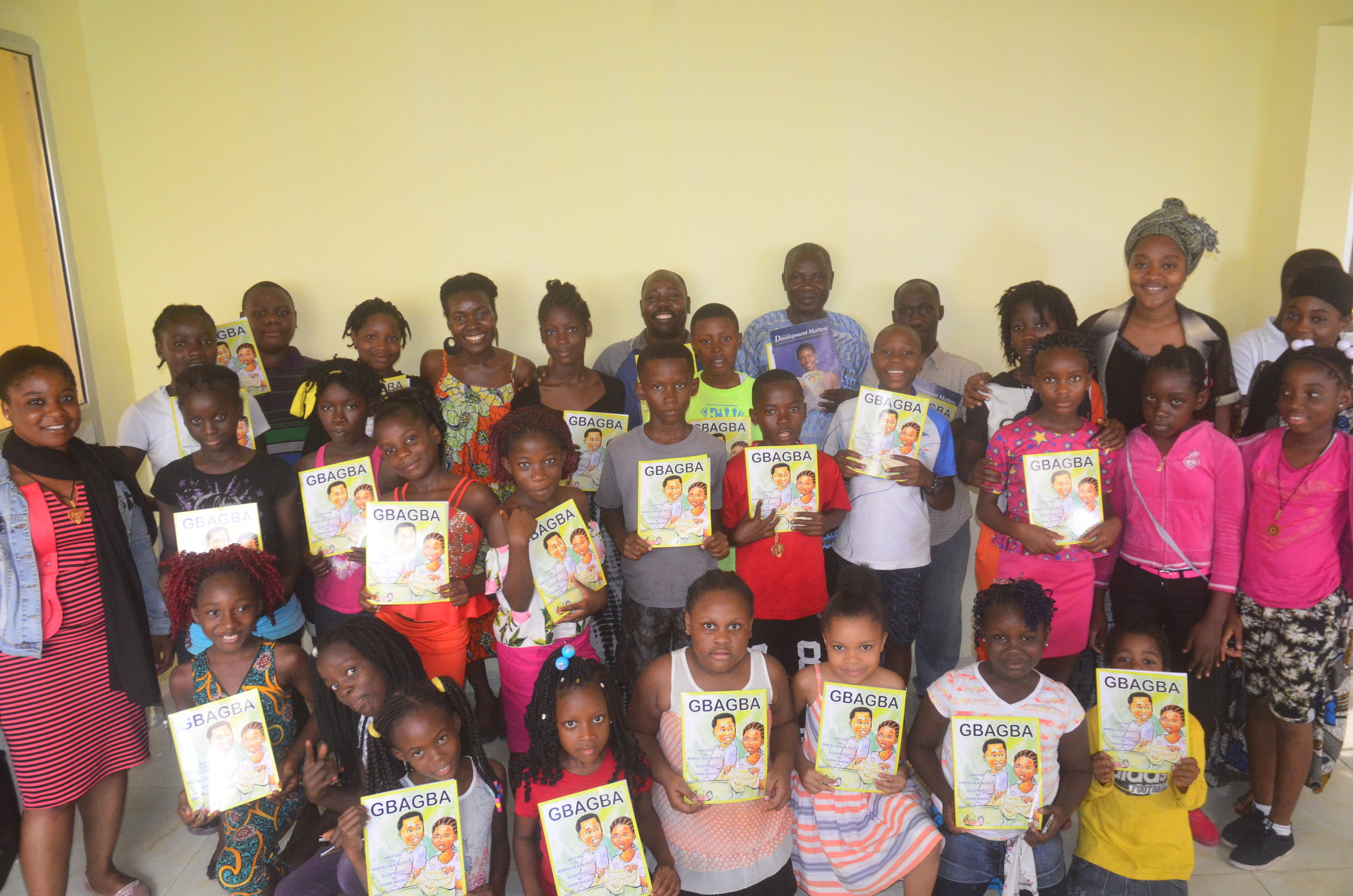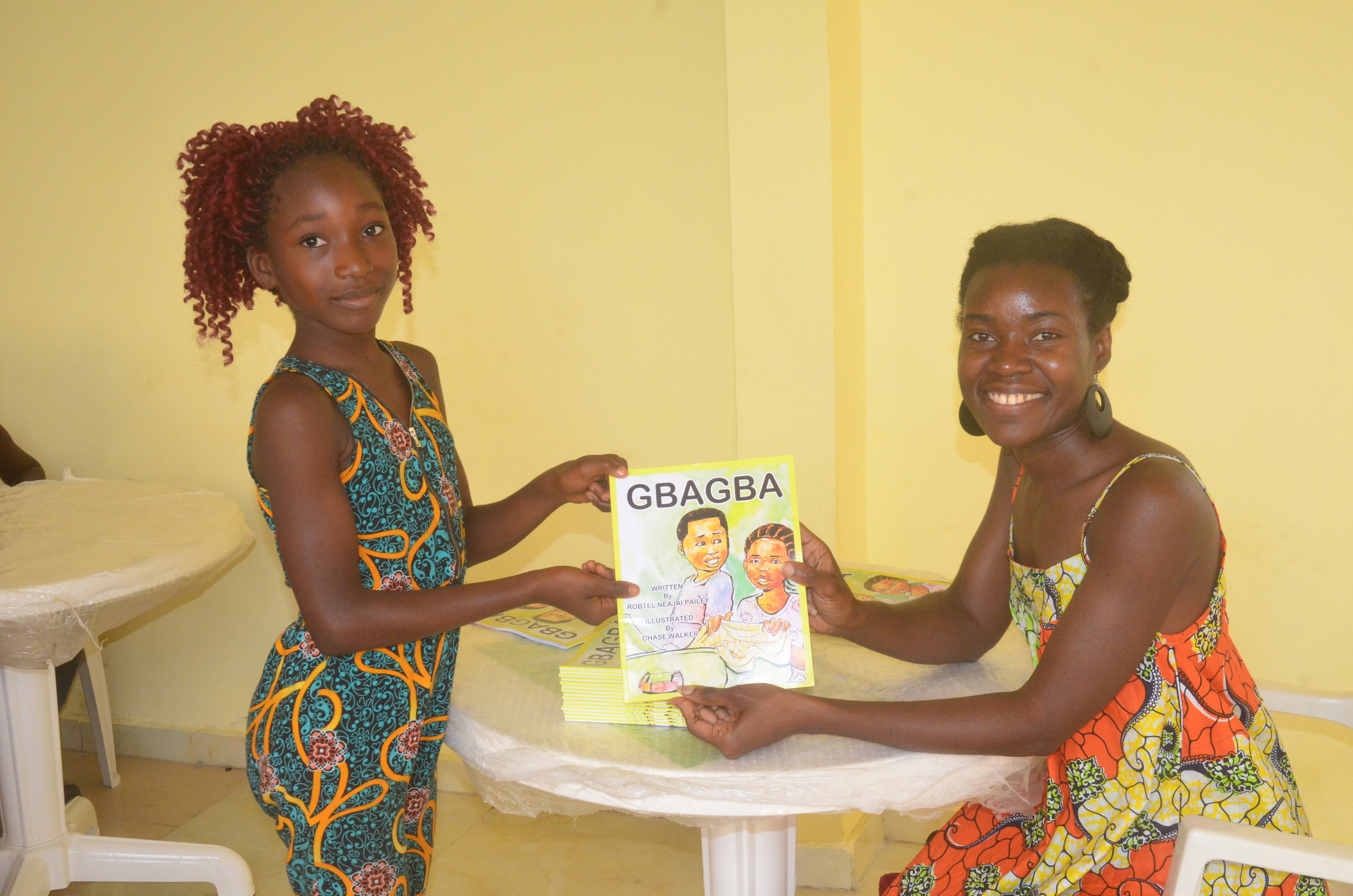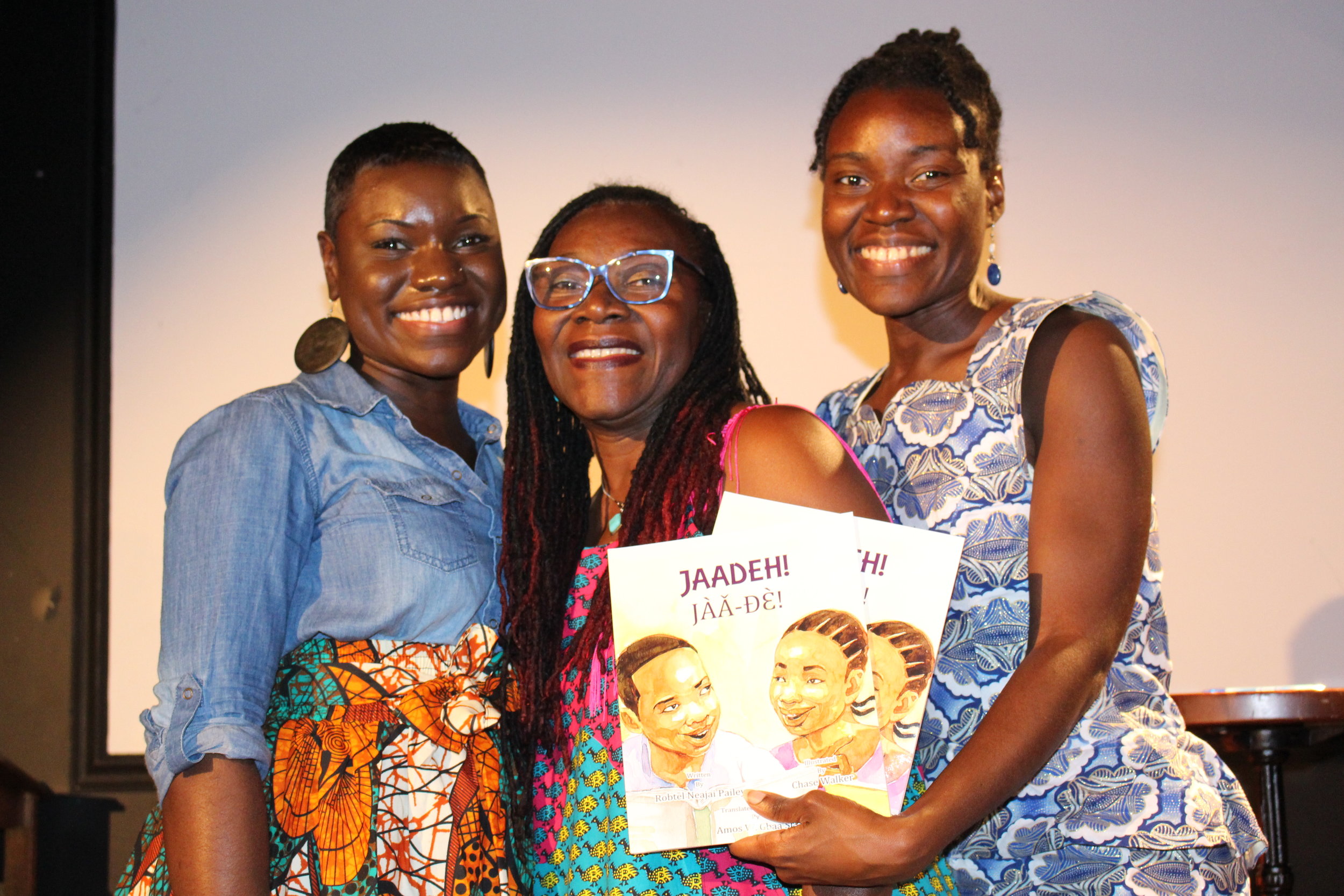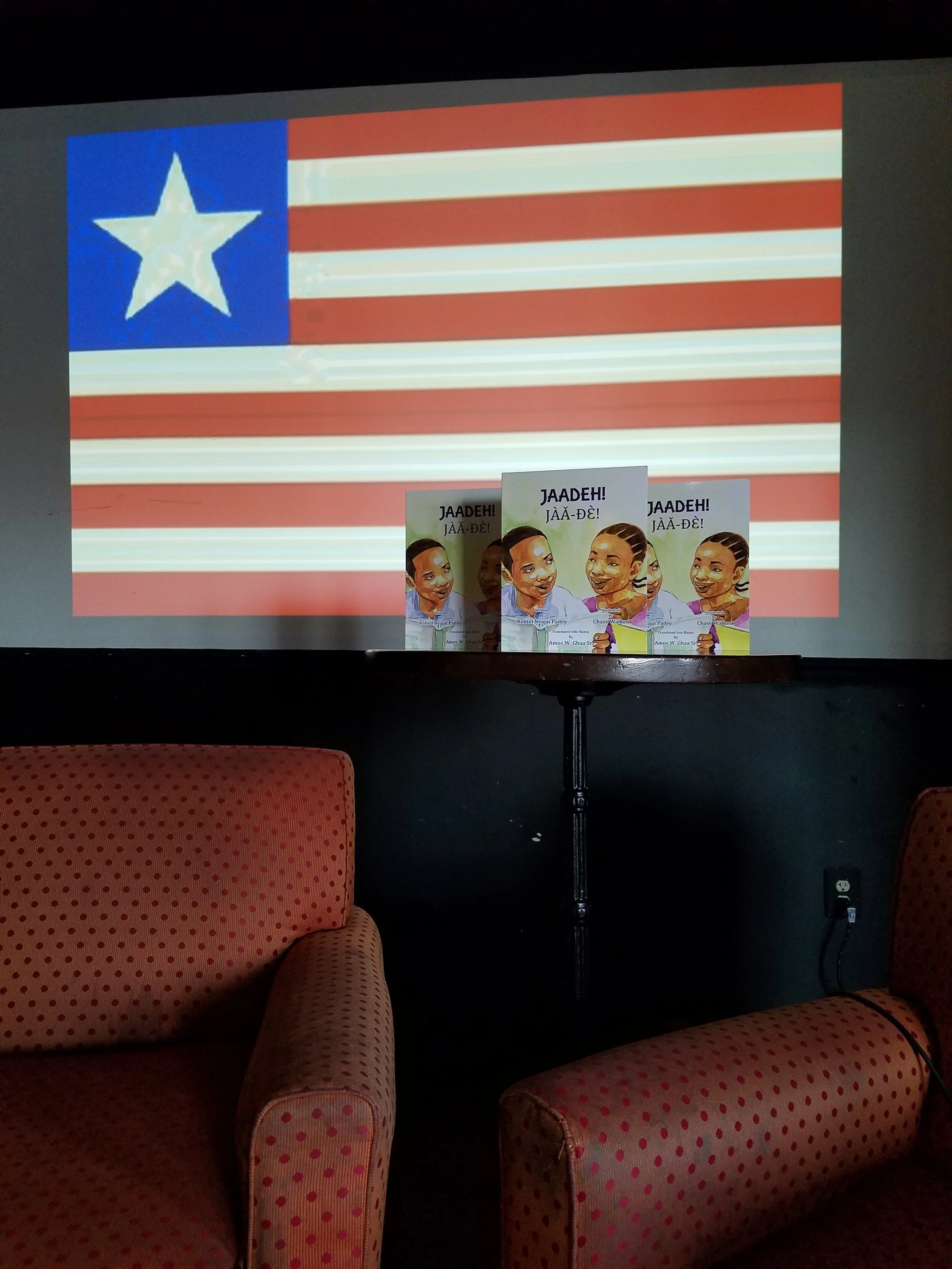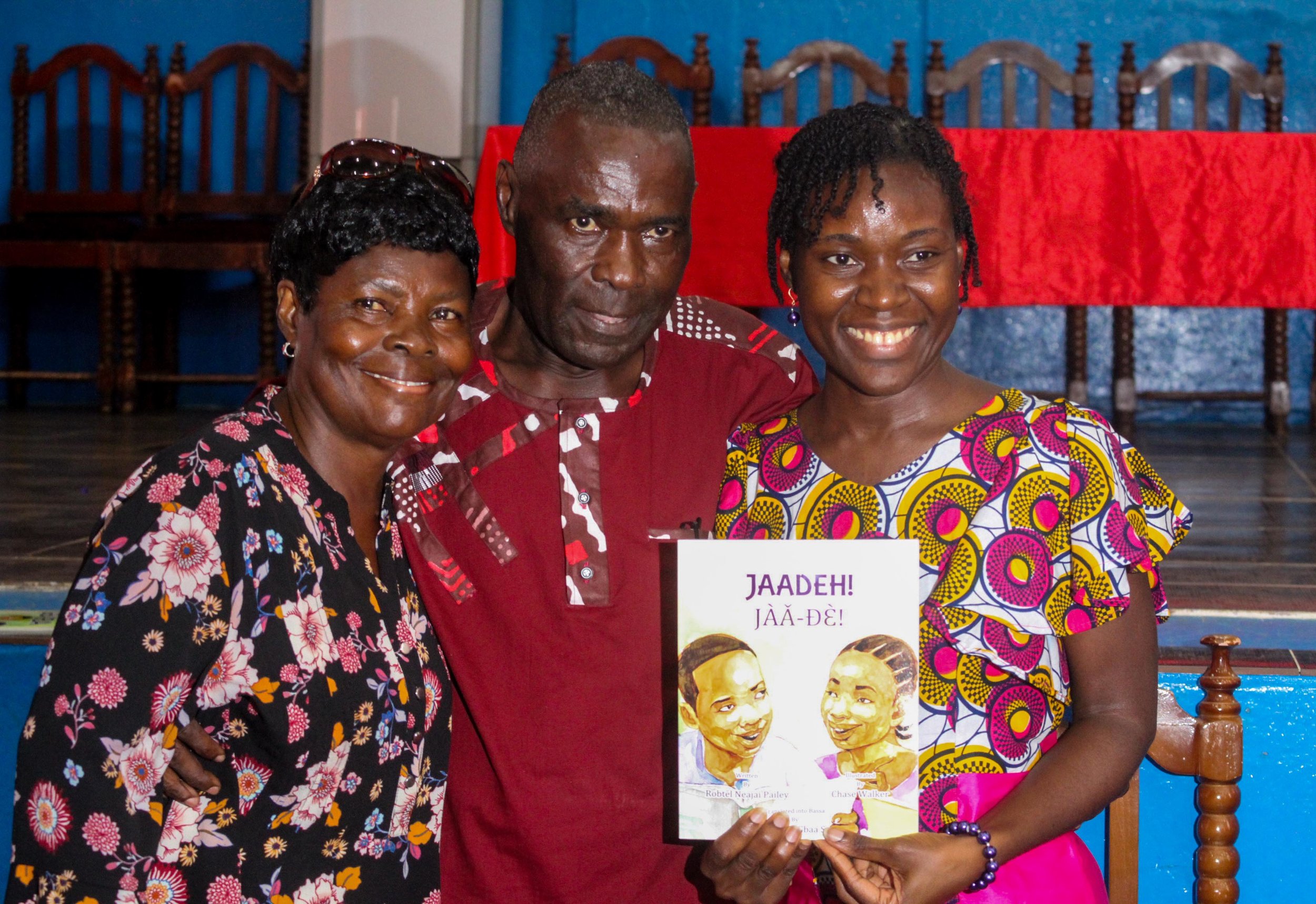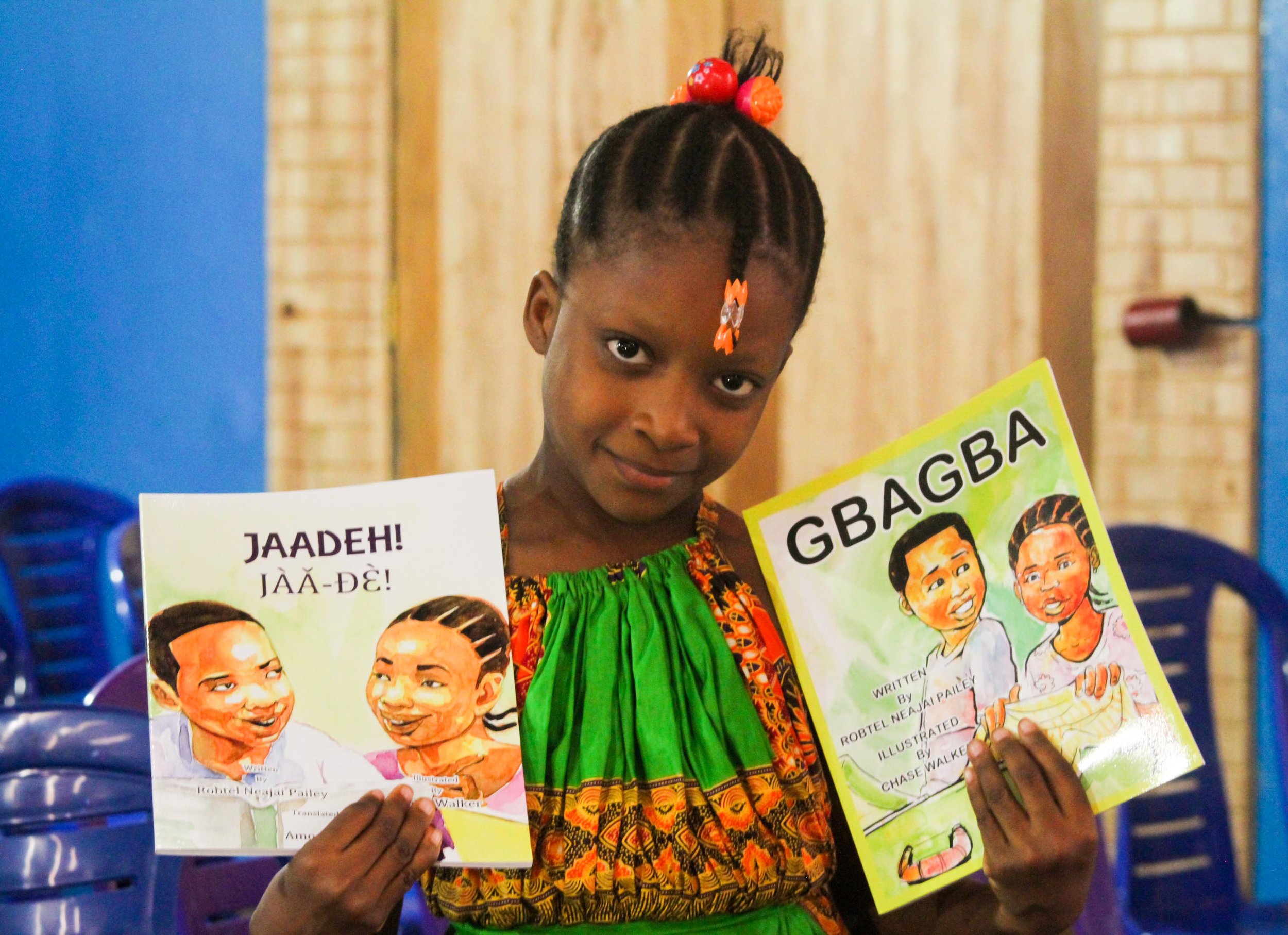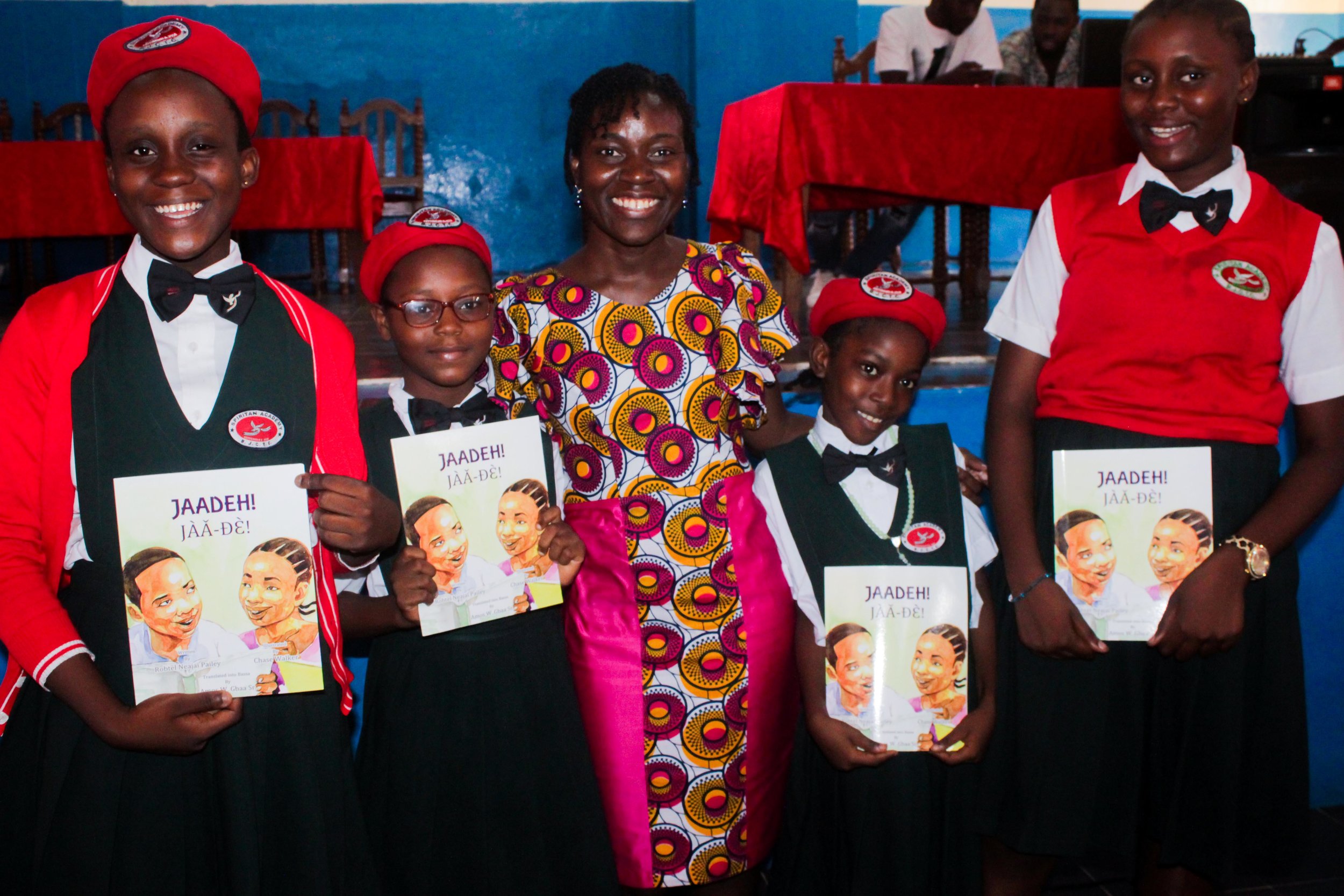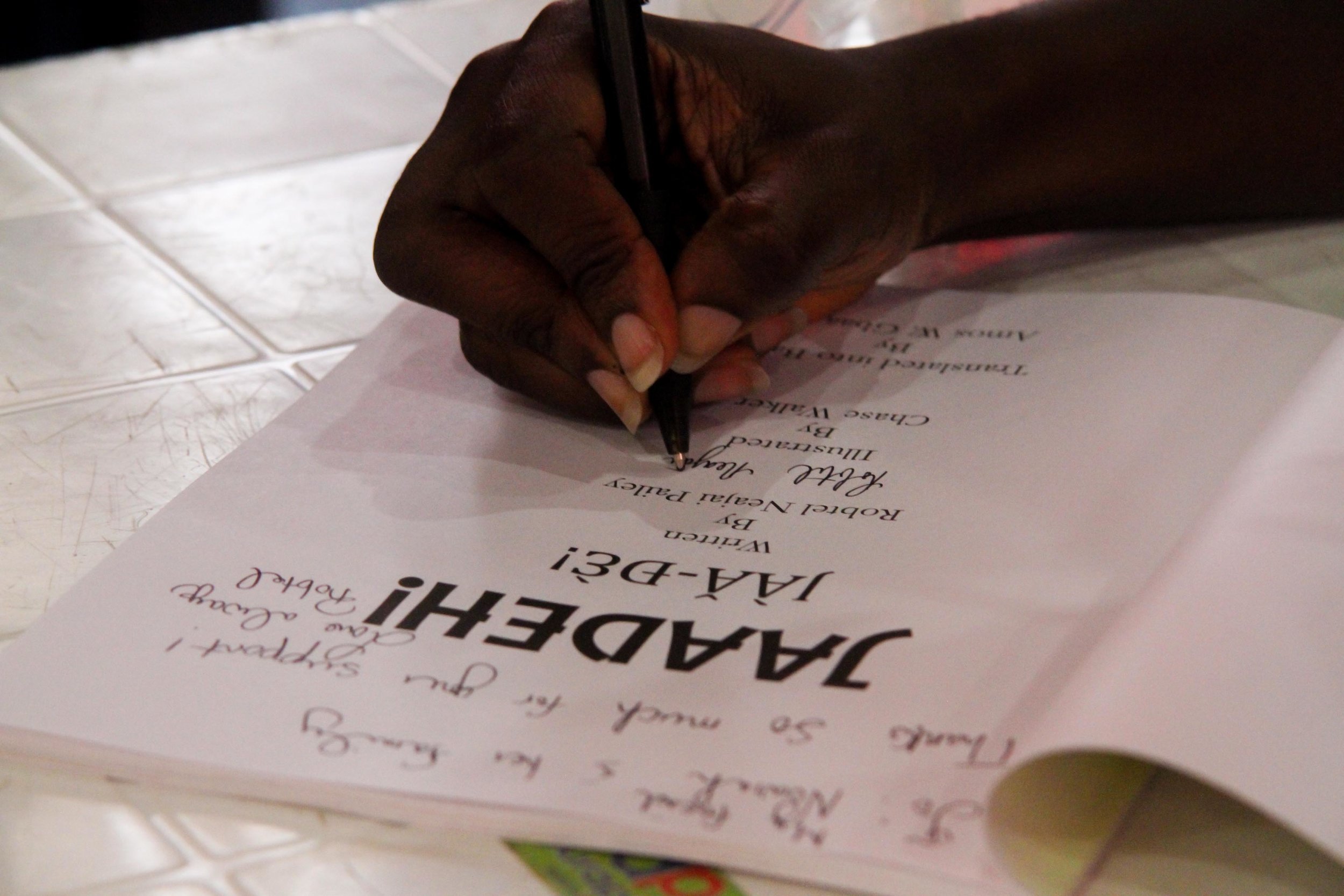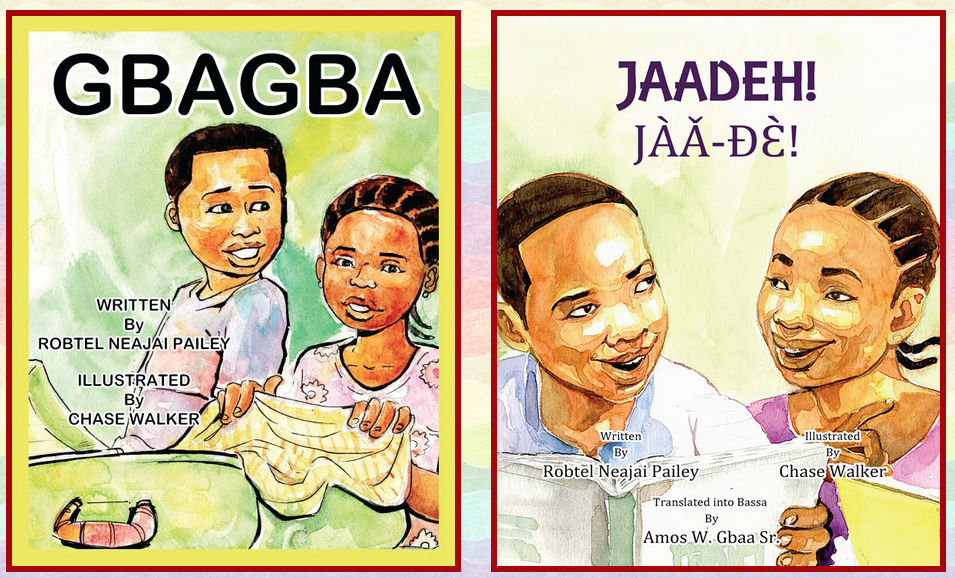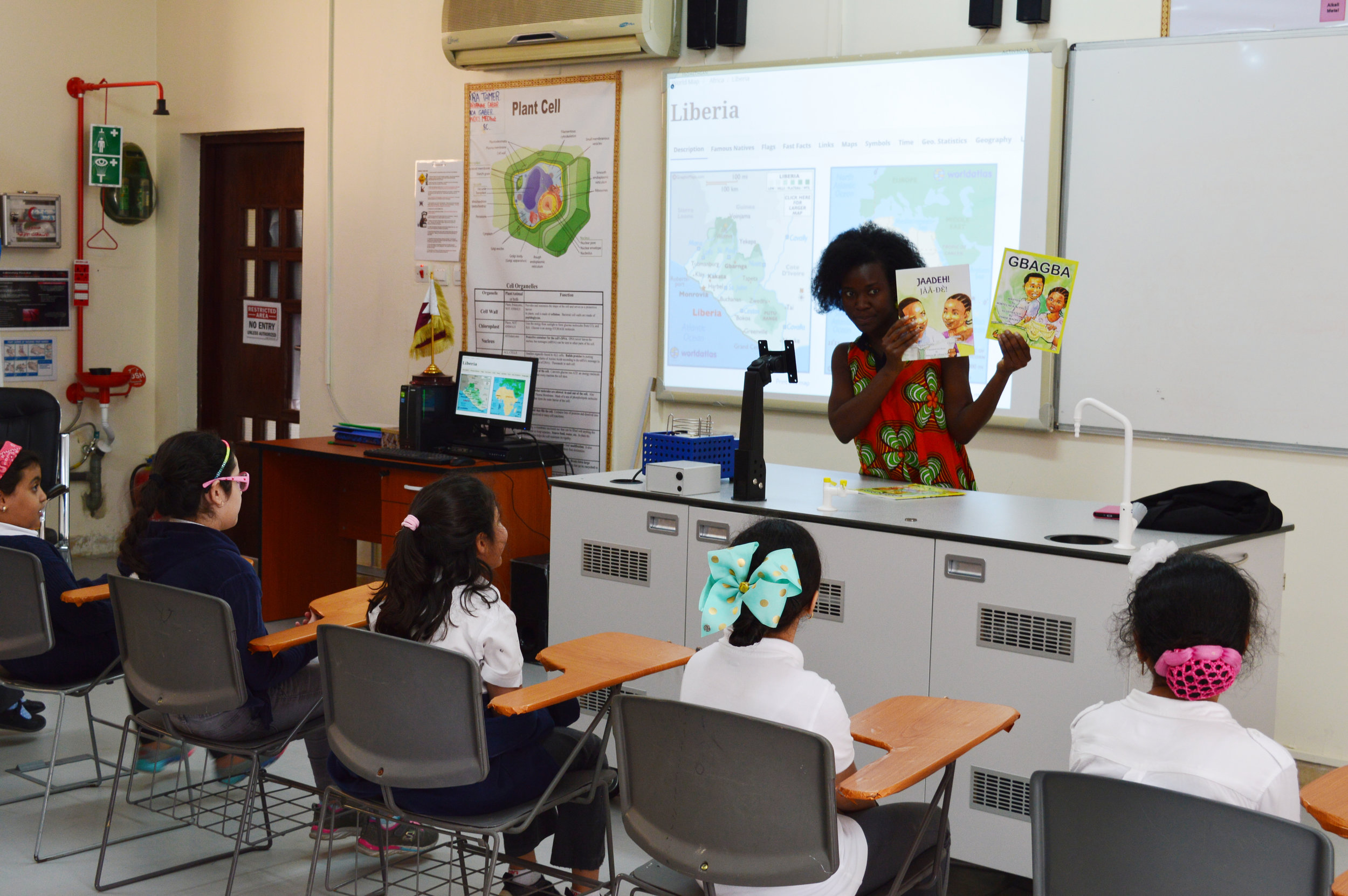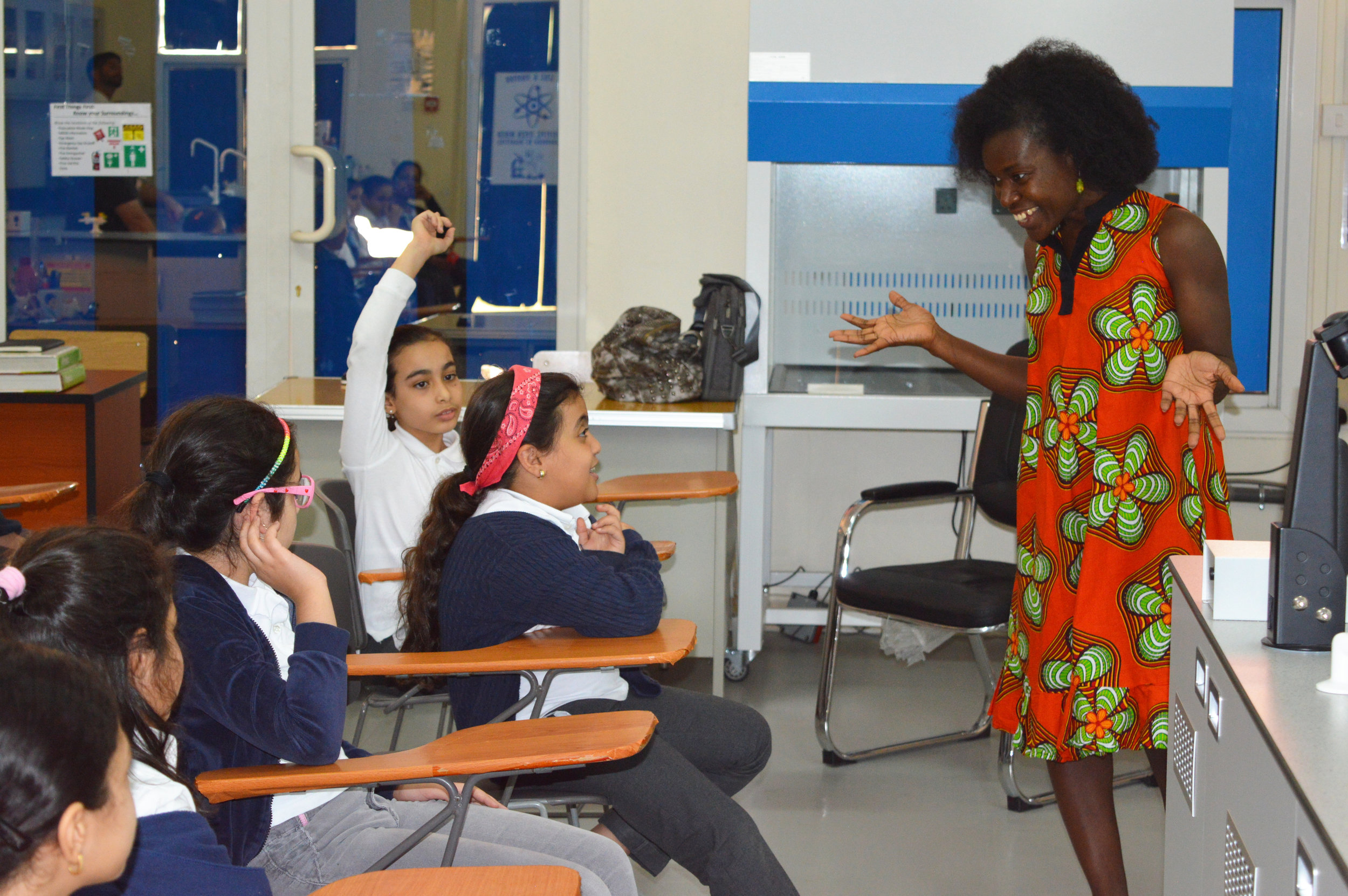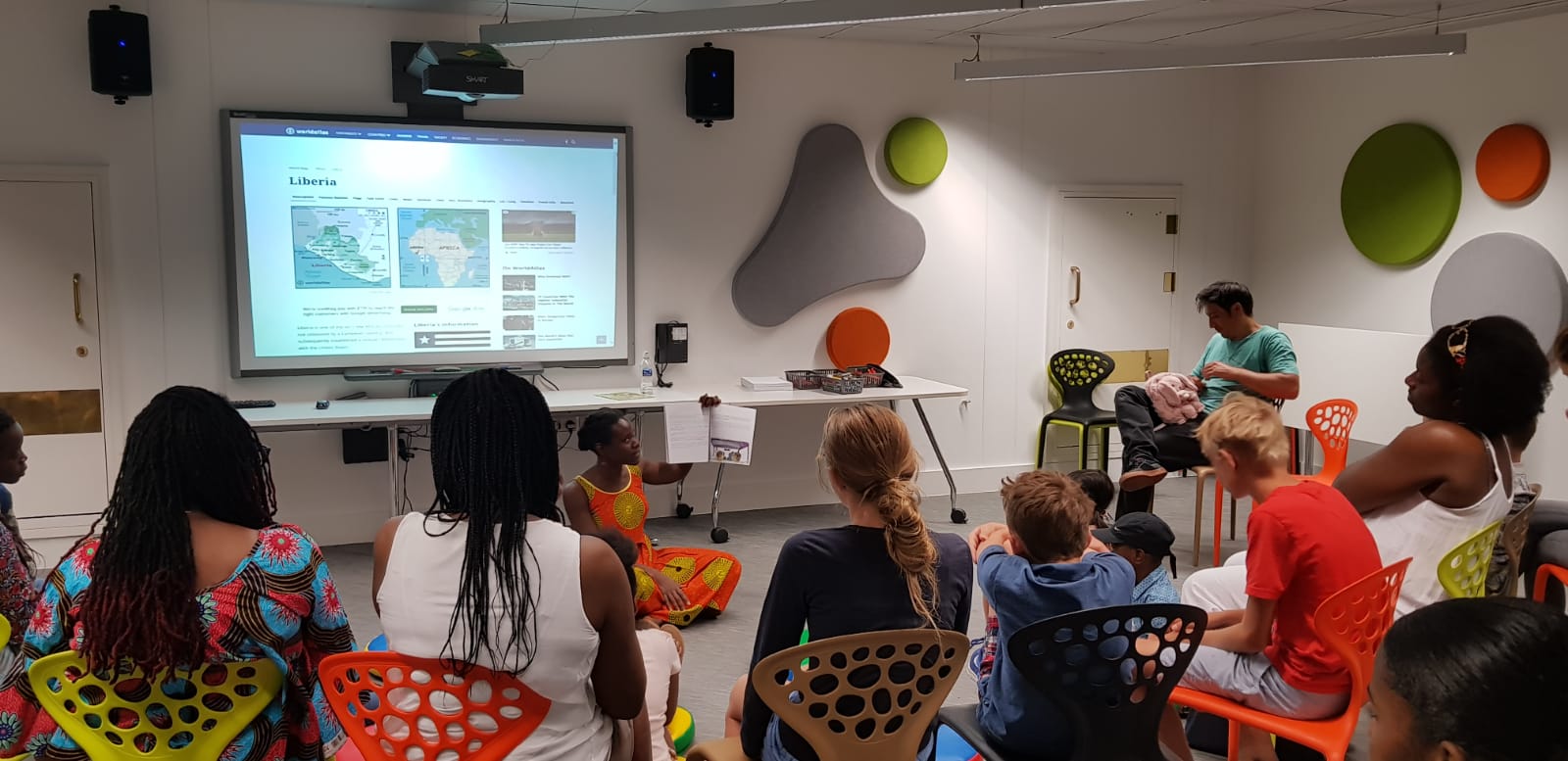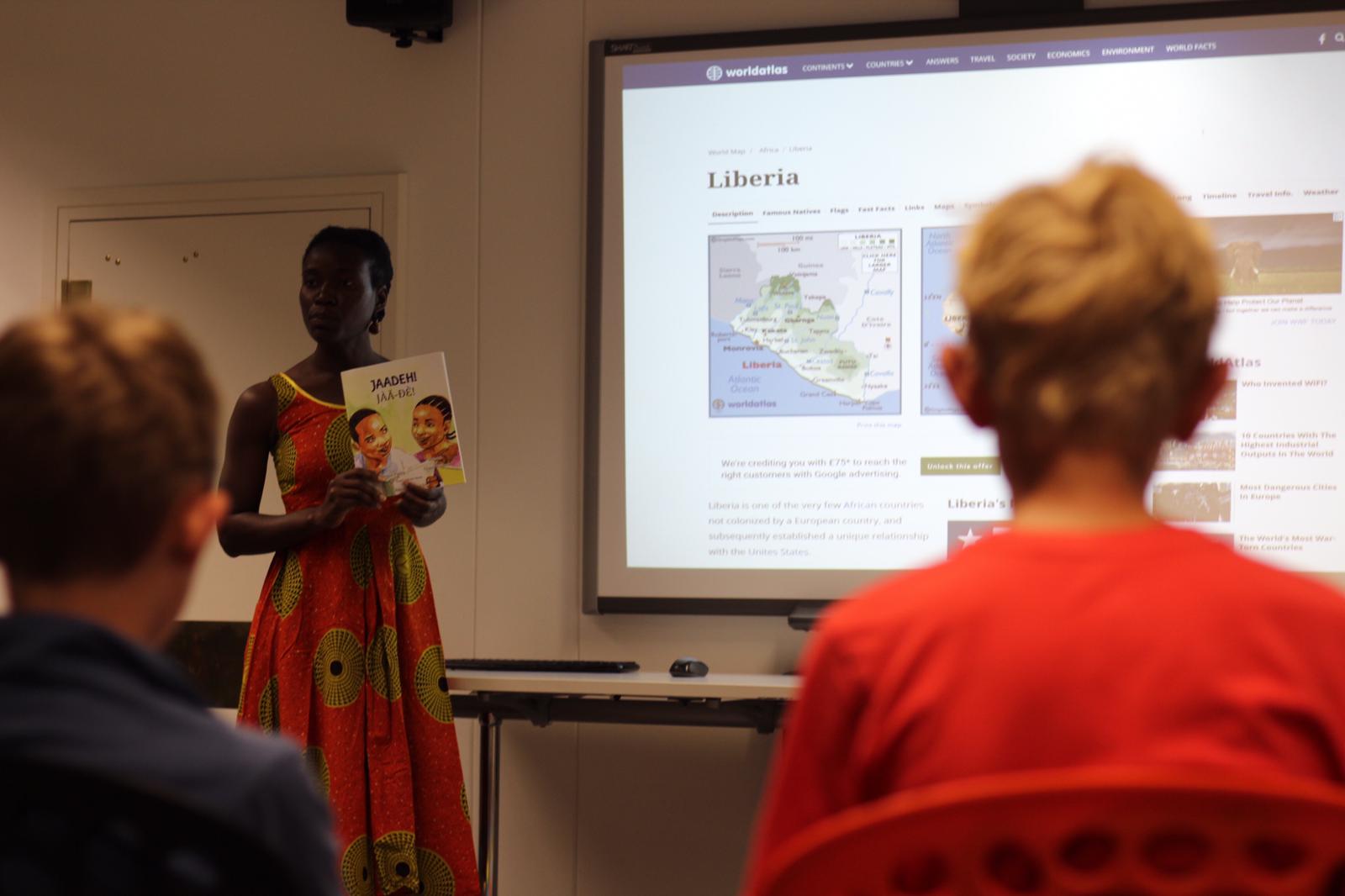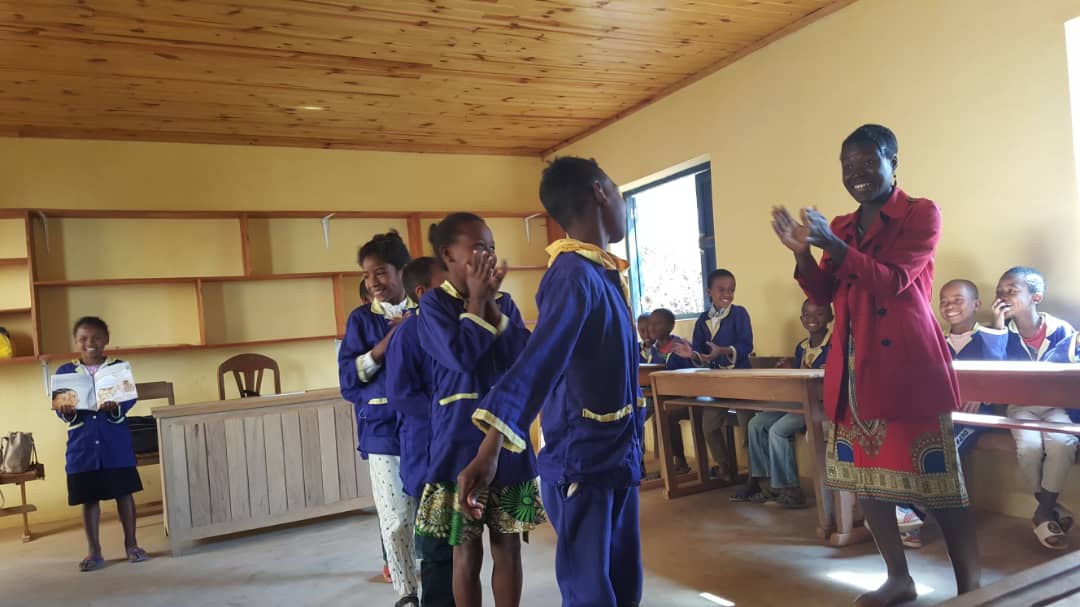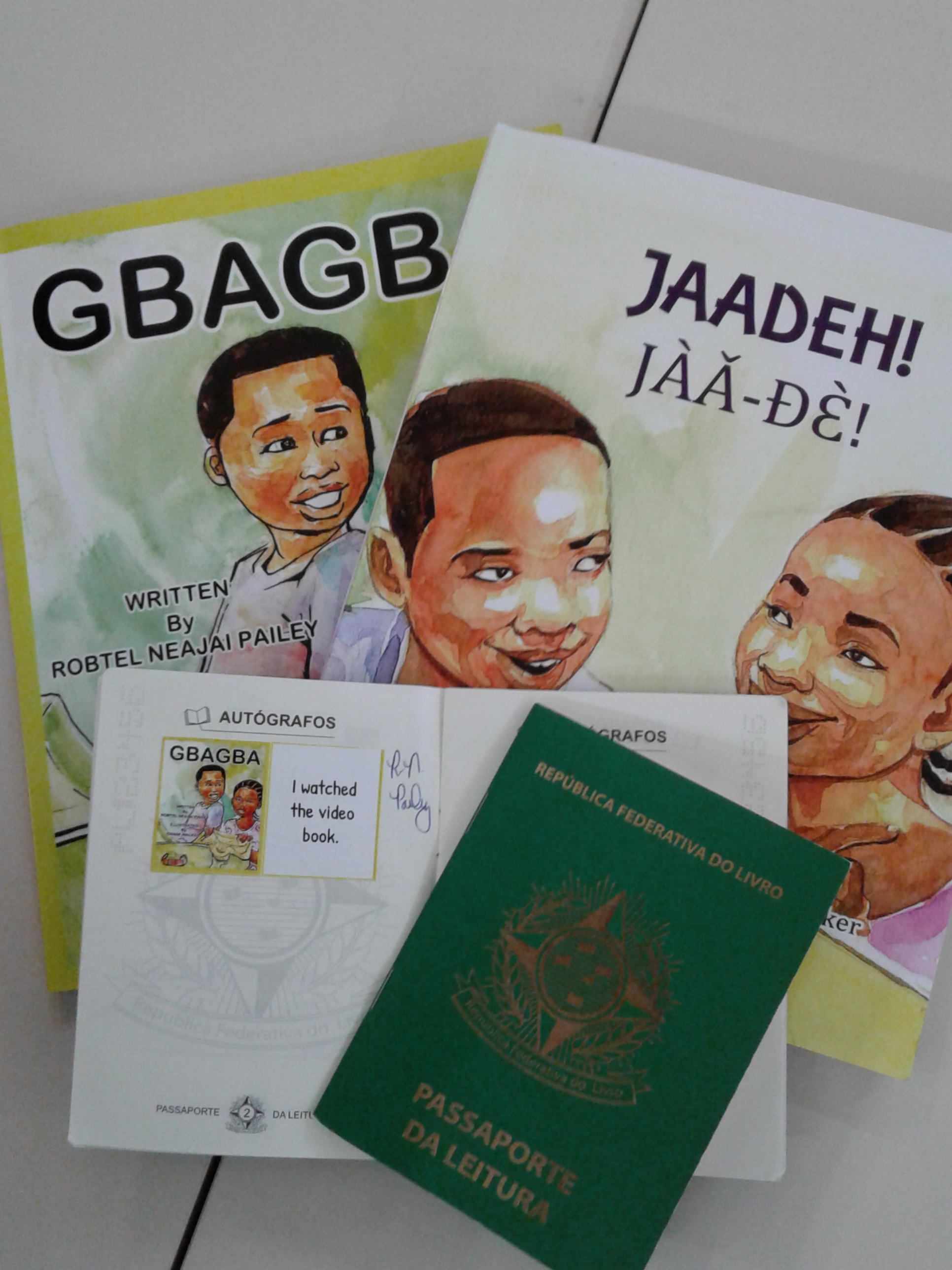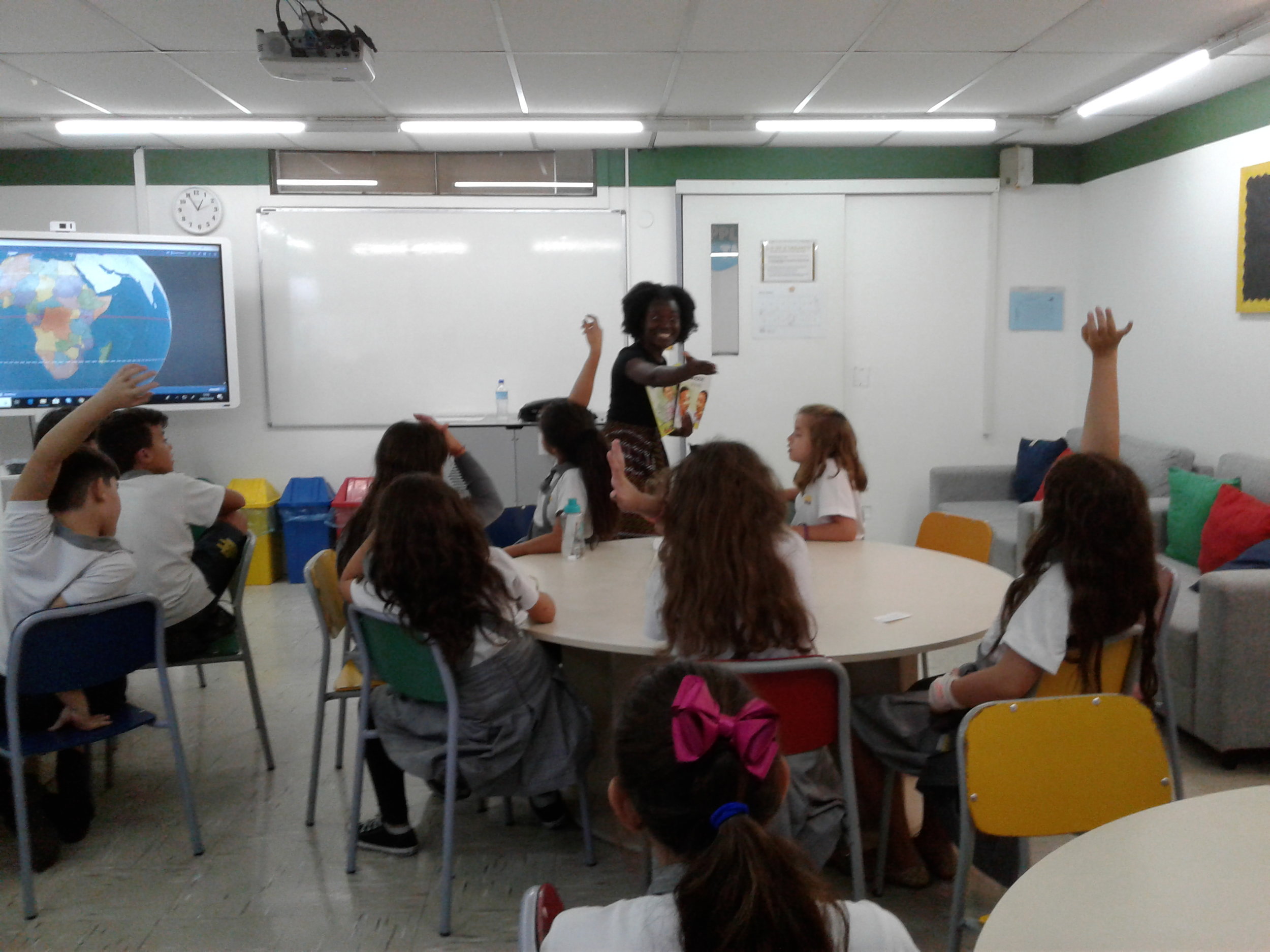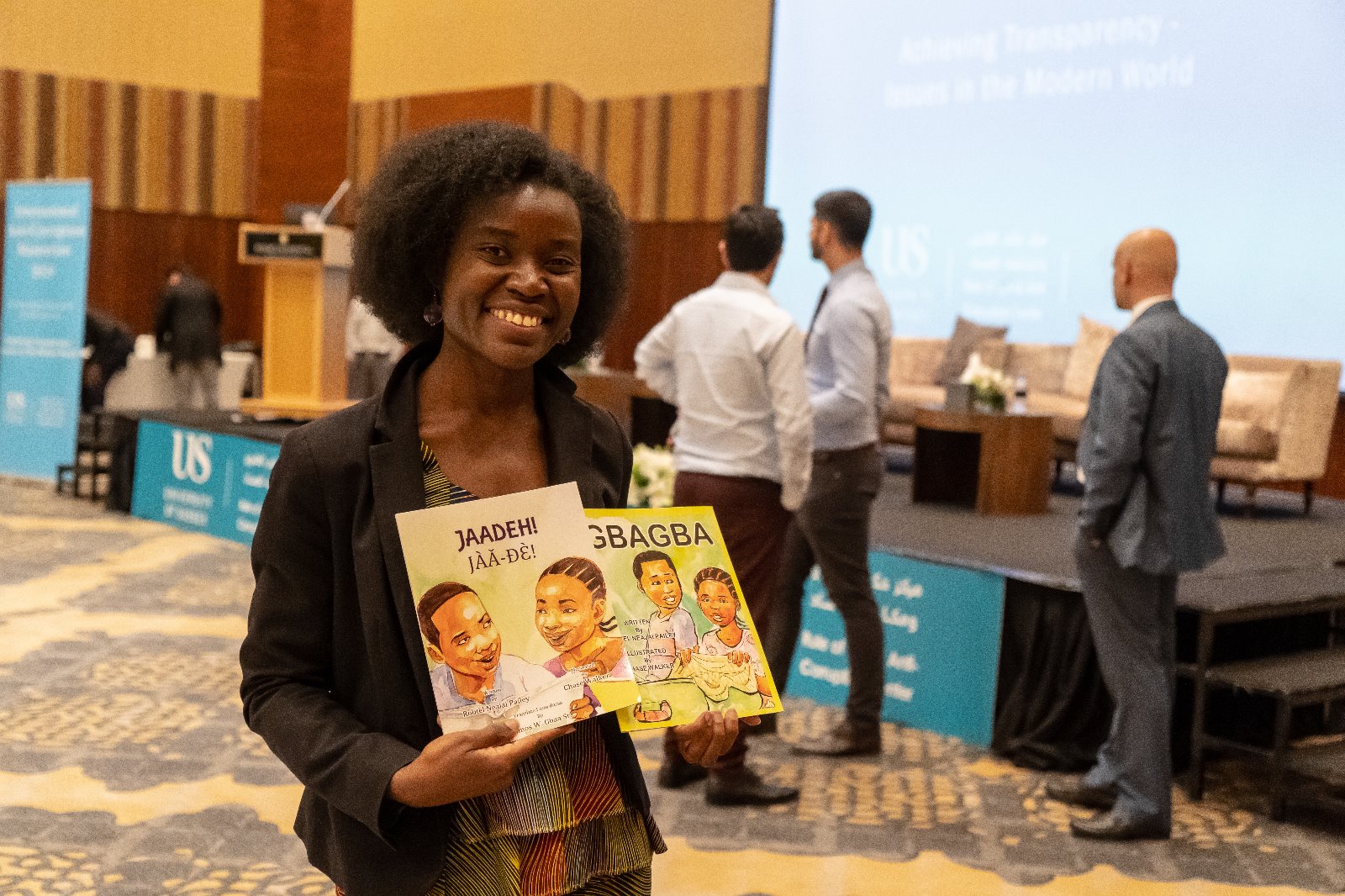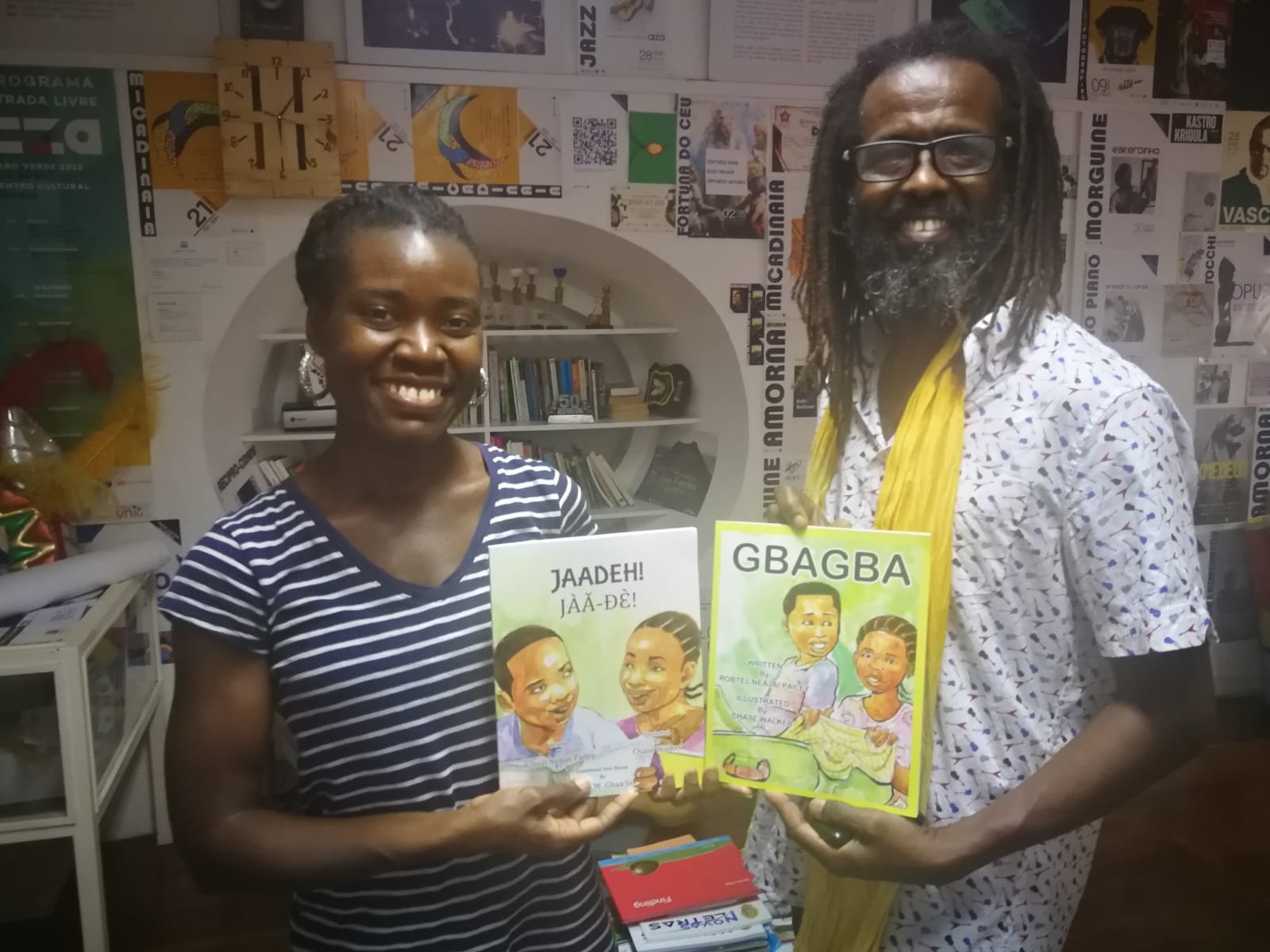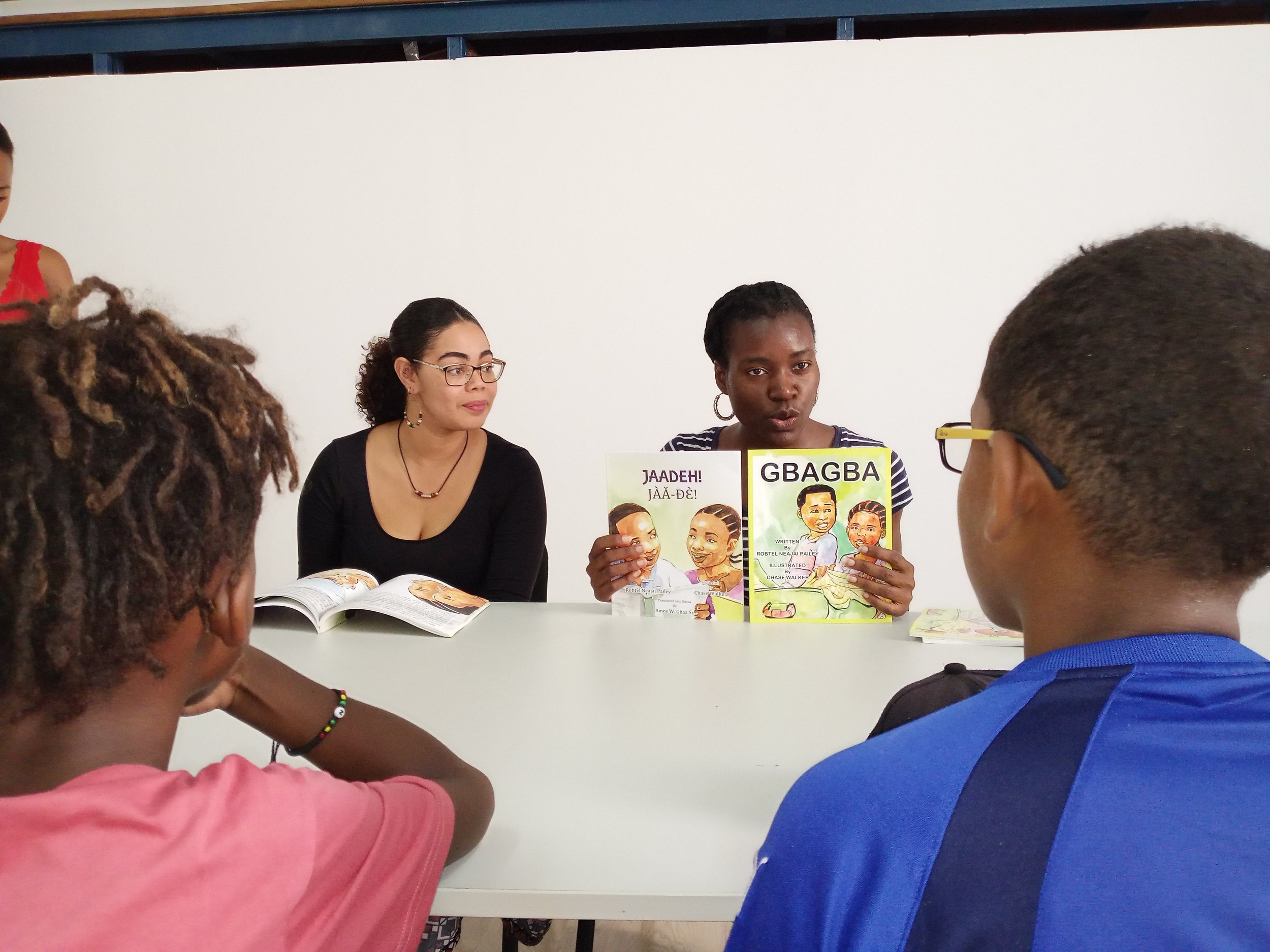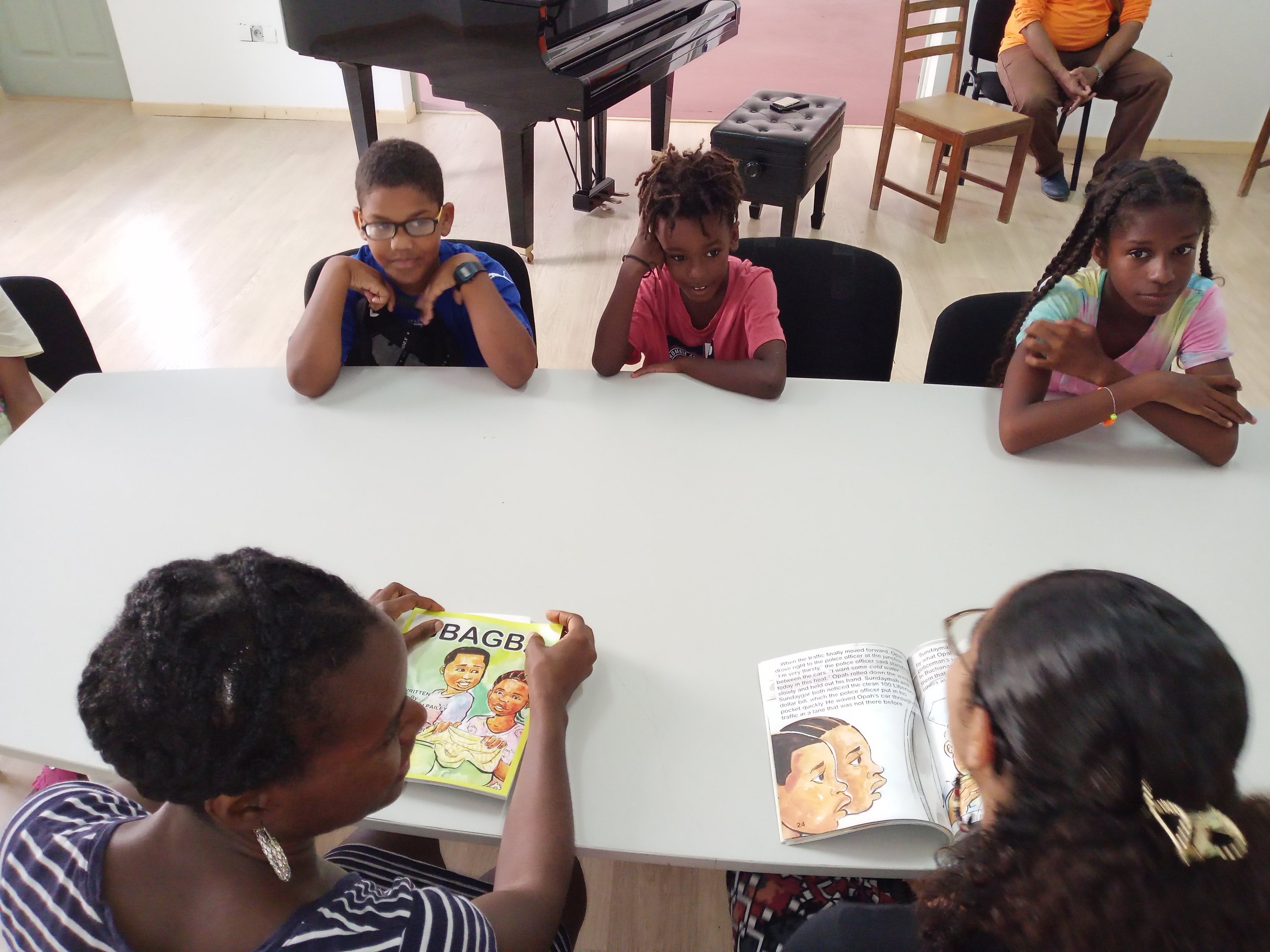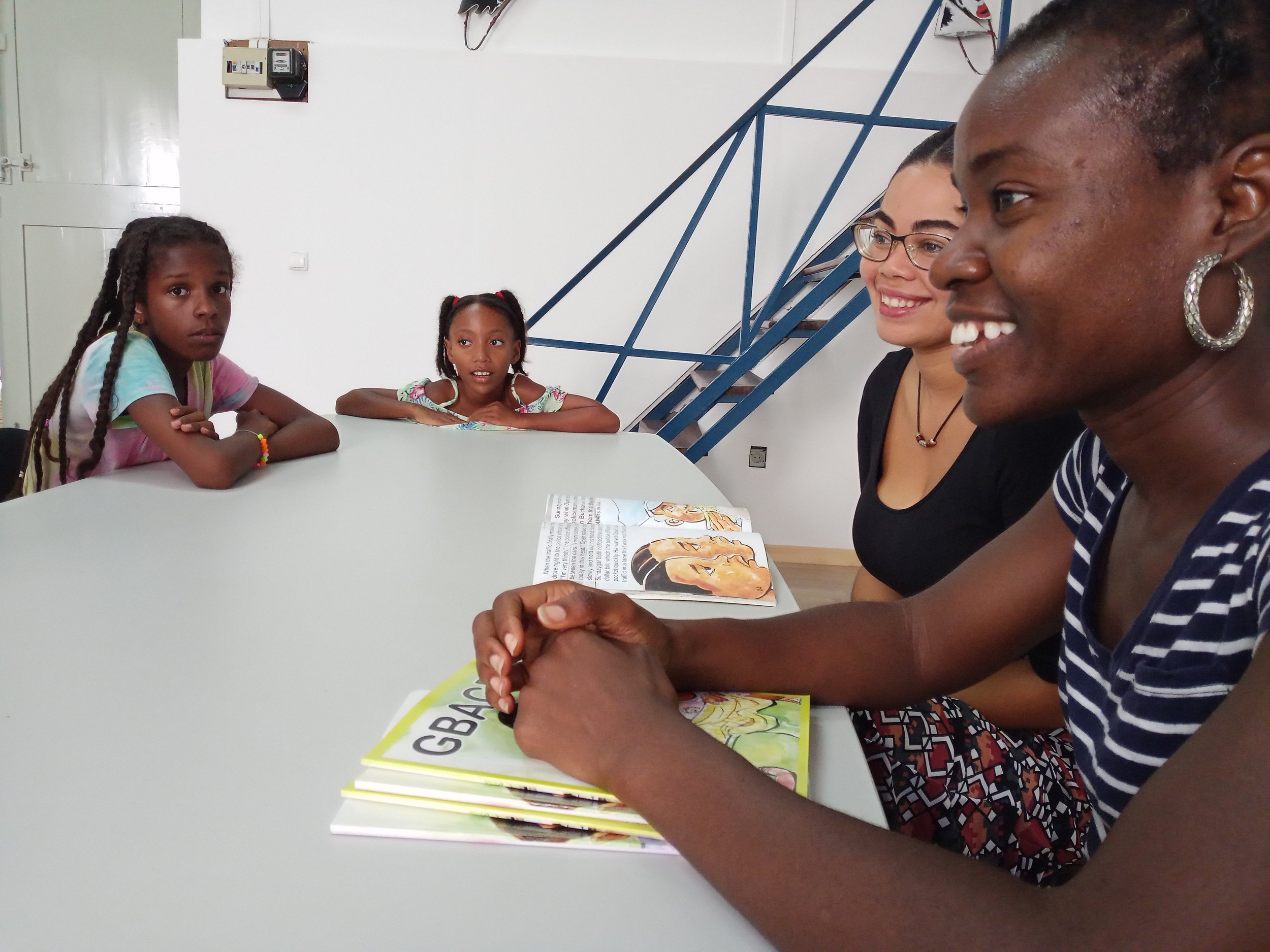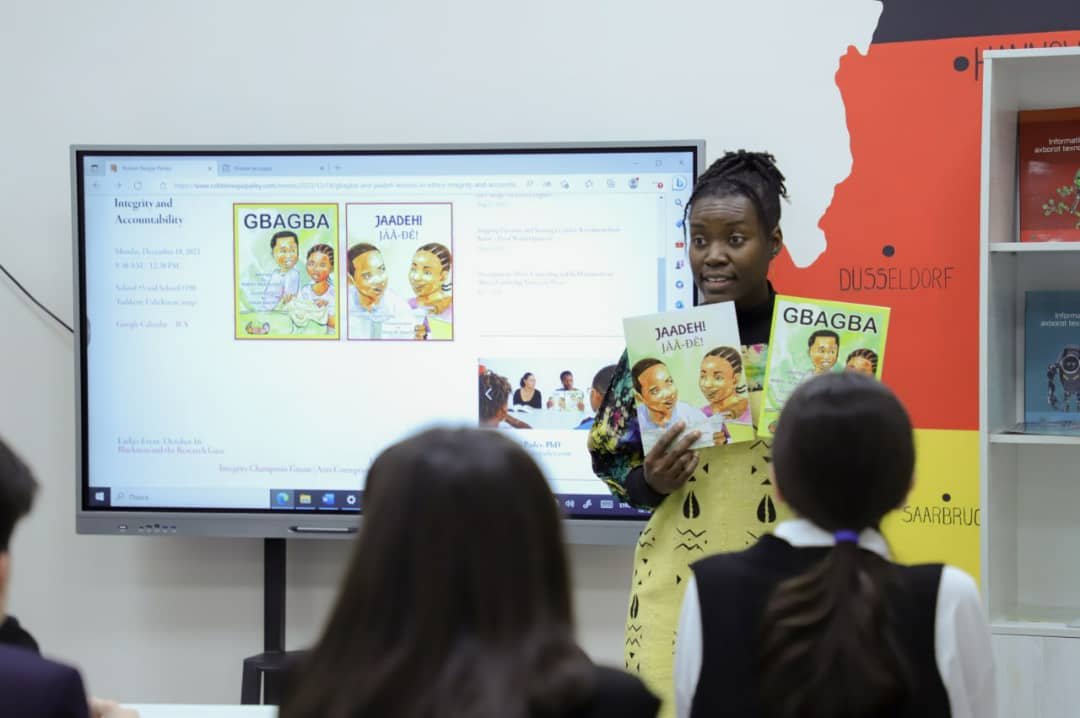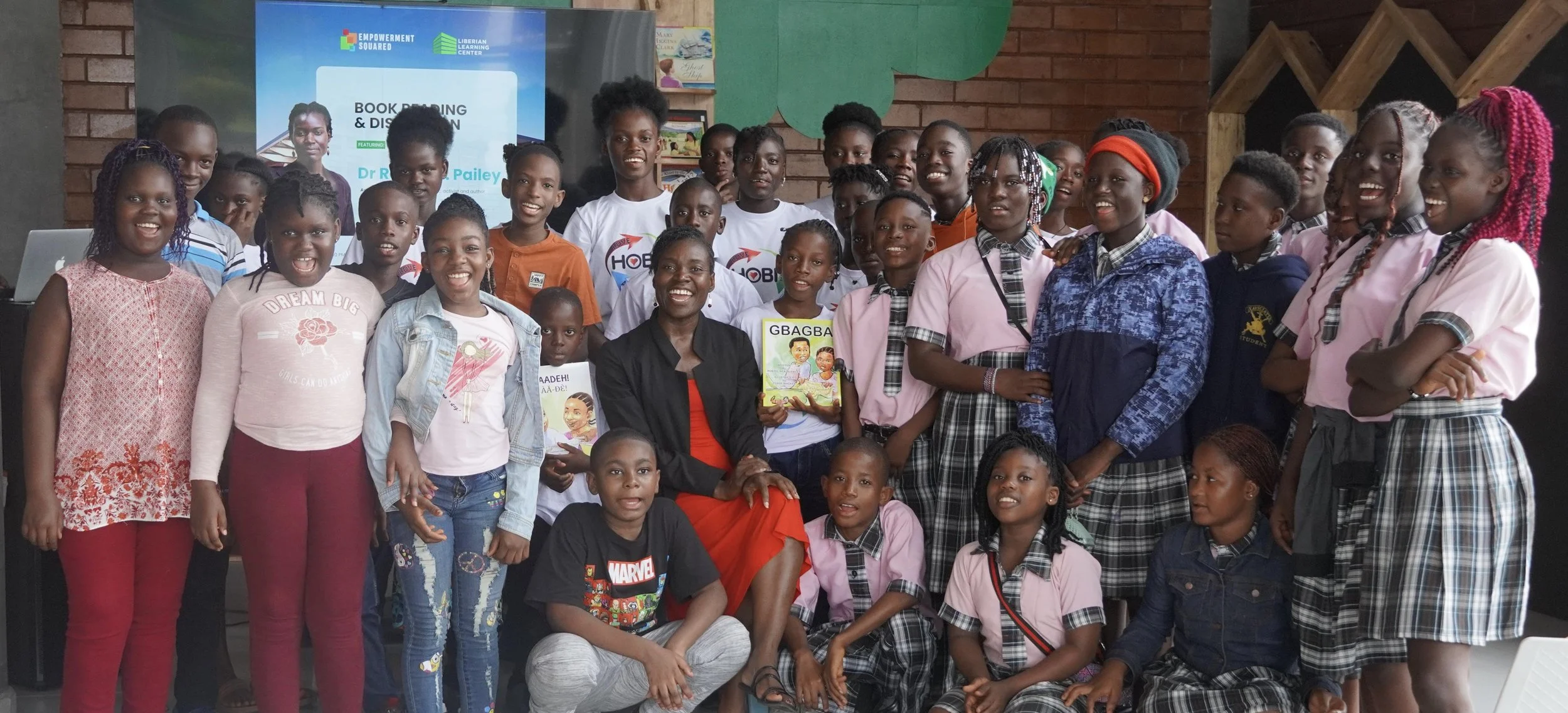In this author interview, we speak to Dr Robtel Neajai Pailey about her new book, Development, (Dual) Citizenship and its Discontents in Africa: The Political Economy of Belonging to Liberia, which draws on life histories from over 200 interviews in West Africa, Europe and North America to examine socio-economic change in Liberia, Africa’s first black republic, through the prism of citizenship.
The virtual London launch of Development, (Dual) Citizenship and Its Discontents in Africa will be held at LSE on 25 February 2021 at 17:00 GMT. You can register to join the conversation. You can also download a free copy of the book’s Introduction.
Q&A with Dr Robtel Neajai Pailey, author of Development, (Dual) Citizenship and its Discontents in Africa: The Political Economy of Belonging to Liberia. Cambridge University Press. 2021.
Q: Can you explain what you mean by the ‘political economy of belonging’ and what this signifies for a post-war country like Liberia?
In the aftermath of violent armed conflict, identities, practices and relations between people transform, as was the case when Liberia’s protracted, fourteen-year armed conflict ended in 2003. I conceptualise this reconfiguration process as a ‘Liberian citizenship triad’ which involves a complex web of interactions amongst identities, practices and sets of relationships. I describe the triad further as a ‘political economy of belonging’: a transactional system in which socio-economic transformation depends on the provision of privileges/protections (‘rights’) in exchange for the fulfilment of duties/obligations (‘responsibilities’), and vice versa…

